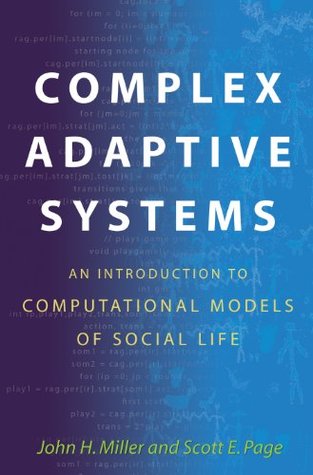There is a universality among computational systems in which, once a certain threshold is passed, each such system is capable of performing the other’s computations.10 Thus, balls colliding with one another on a billiard table, suitably arranged and interpreted, can perform the same computations as a supercomputer or any possible agent-based model. This implies that it is possible for a dumb system (colliding billiard balls) to emulate a smart one (sophisticated agents interacting in a social system).
Welcome back. Just a moment while we sign you in to your Goodreads account.


